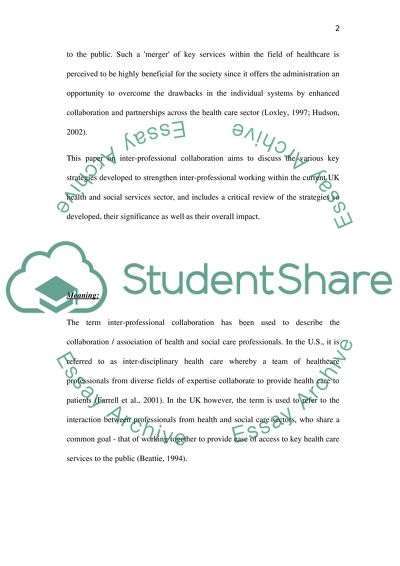Cite this document
(“Health science and medicine: Inter- professional collaboration Assignment”, n.d.)
Health science and medicine: Inter- professional collaboration Assignment. Retrieved from https://studentshare.org/health-sciences-medicine/1446546-problems-around-deficits-in-interprofessional
Health science and medicine: Inter- professional collaboration Assignment. Retrieved from https://studentshare.org/health-sciences-medicine/1446546-problems-around-deficits-in-interprofessional
(Health Science and Medicine: Inter- Professional Collaboration Assignment)
Health Science and Medicine: Inter- Professional Collaboration Assignment. https://studentshare.org/health-sciences-medicine/1446546-problems-around-deficits-in-interprofessional.
Health Science and Medicine: Inter- Professional Collaboration Assignment. https://studentshare.org/health-sciences-medicine/1446546-problems-around-deficits-in-interprofessional.
“Health Science and Medicine: Inter- Professional Collaboration Assignment”, n.d. https://studentshare.org/health-sciences-medicine/1446546-problems-around-deficits-in-interprofessional.


